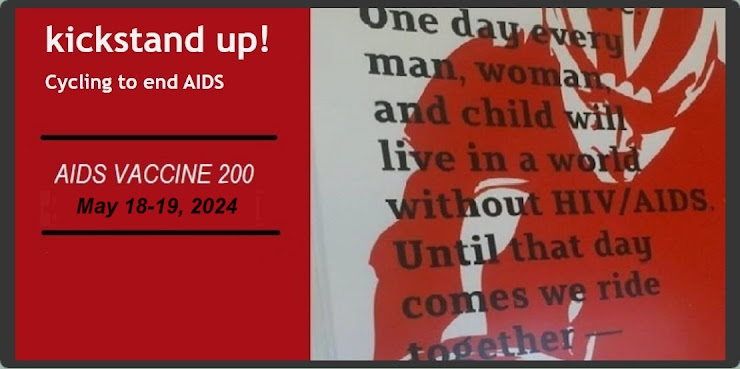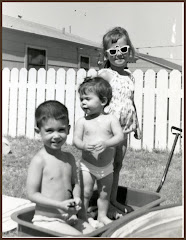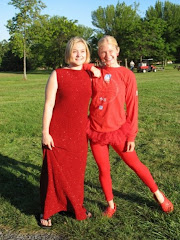Study and time have refined the definition. According to HIV/AIDS researchers, “’long-term survivors’, or ‘non-progressors’ make up about 5 to 15 percent of HIV-infected individuals. These people manage to maintain very low or even undetectable amounts of HIV in their blood and remain healthy without the dramatic loss of CD4+ T cells characteristic of most patients with HIV infection. ‘Elite controllers’ represent a special subset of this group, having HIV levels undetectable by standard viral load tests, without the use of antiretroviral drugs. Probably fewer than one in a hundred individuals infected with HIV meet this standard.”
San Francisco General was in a unique position to recognize the potential benefits of studying this group and began recruiting non-progressors in 2005.
“For many HIV researchers, elite controllers hold such a gold mine of potential answers that supporting them as a platform for both novel and hypothesis-based research is an invaluable investment. And, given the failures of recent HIV vaccine trials, the time to begin taking risks on elite controller research is now.”
UCSF researchers, led by Dr. Steven Deeks, have embarked on a collaborative effort with the Broad Institute at Massachusetts General Hospital in Boston and a host of other scientists, health-care providers, and AIDS service organizations to grow an international consortium with a goal to recruit 2000 elite controllers around the world.
This is where you come in!!!
Your donation to the ARI Breakthrough Riders provides the necessary seed money that makes this important research possible!
“We need to find these individuals, bring them in, collect the tissues, collect the cells, collect the plasma, have them come back every four months, do all the genetic and viral load testing. It costs about $5,000 per person per year to really do that,” says Deeks. “We are talking about serious money, millions of dollars a year just to find these interesting people and then provide everyone in the world access to the cohort.” Then, there is the high-risk, shot-in-the-dark, innovative nature of some of the research to be done. “That’s just not the kind of research that the NIH has been funding.”
“Elite controllers are not cured,” explains Deeks, “but they are as close to it as possible. We think of them as being like individuals who have had cancer and are in remission. So, we think of elite controllers as the reasonable goal for the treated population.”
I cherish every day of those extra years with my brother. Imagine the difference that gift of time could make in the life of a teacher, a mother, a leader, a child.
Read the full story, including quoted text: UCSF Researchers Study Elite Controllers, So Much Promise Requires Risky Research










No comments:
Post a Comment